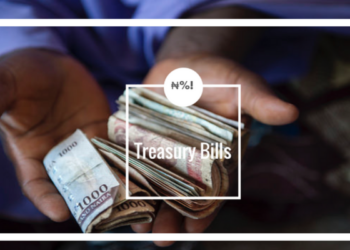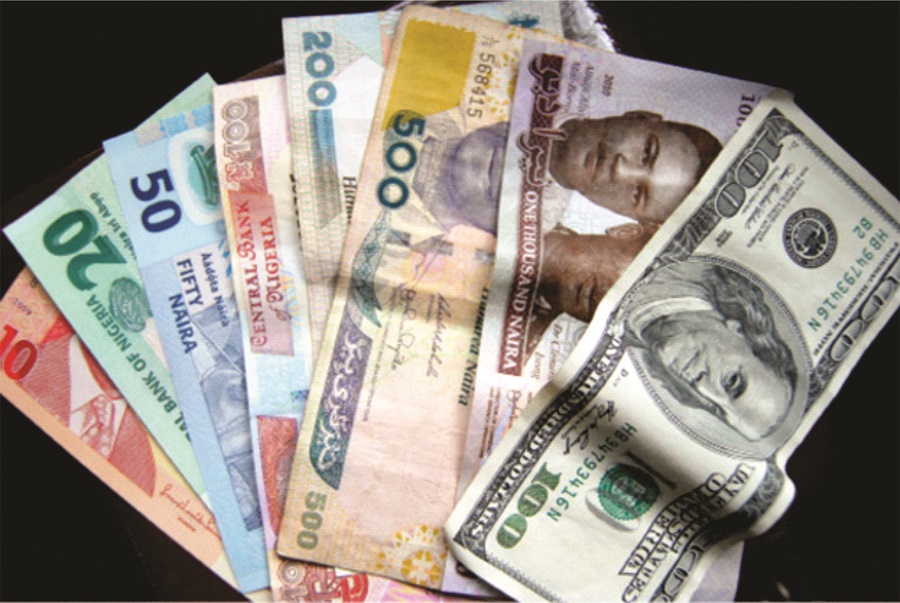The Central Bank of Nigeria (CBN) issued a monetary policy communique explaining why it cut its monetary policy rate from 12.5% to 11.5%, the first drop since May 2020 when it slashed MPR from 13.5% t0 12.5%. The cut in rates means it is no longer targeting foreign investor inflow as a basis for keeping the exchange rate stable.
The CBN has held MPR high for years due to high inflationary pressures believing that higher MPRs could lead to a lower inflation rate. However, the Covid-19 pandemic and the increased price of fuel and electricity suggest this is a battle already lost via hawkish monetary policy.
Explore the Nairametrics Research Website for Economic and Financial Data
What they are saying: According to the bank, it believes the higher inflation Nigeria is facing is not due to monetary policy but due to “causal factors” which are outside of its immediate control.
“In the view of the MPC, so far, evidence has not supported the rising inflation to monetary factors but rather, evidence suggests nonmonetary factors (structural factors) as the overwhelming reasons accounting for the inflationary pressure,” the CBN stated.
READ: CBN offers N1.1 trillion intervention fund to support real, health sectors
The structural factors the CBN is referring to are rising in prices of fuel and electricity as well as cost increases emanating from the devaluation of the naira.
“Accordingly, the implication is that traditional monetary policy instruments are not helpful in addressing the type of inflationary pressure we are currently confronted with,” the CBN added.
These issues mean the CBN faces a quagmire in how to combat inflation as the traditional measures it has typically deployed might not work effectively.
READ: Nigerian banks have written off N1.9 trillion impaired loans in past 4 years
Forgo hot money: The apex bank toyed with increased MPR to combat the high inflation rate but opined that doing so could lead to an even deeper recession despite the benefits of attracting foreign capital.
“The Committee noted that the likely action aimed to addressing the rise in domestic prices would have been to tighten the stance of policy, as this will not only moderate the upward pressure on prices but will also attract fresh capital into the economy and improve the level of the external reserves. It however, noted that this decision may stifle the recovery of output growth and thus, drive the economy further into contraction.”
READ: CBN Vs NESG: Waving the white flag for the benefit of Nigerians
In 2017, the CBN adopted a hawkish monetary policy stand of increasing MPR and offering interest rates as high as 18% via its open market operations bills.
- The policy helped attracted billions of dollars in capital rising to as high as $13.4 billion in 2019. It dropped to as low as $332 million in the second quarter of 2020.
- Foreign investors have basically stopped inflowing forex into the control as yields have crashed and repatriating it is now a major challenge.
READ: Nigeria’s inflation rate jumps to 12.82%, highest in 27 months
The other option: Deciding against increasing MPR means the CBN had to consider a dovish policy, which requires that they cut monetary policy rates and intervene in sectors of the economy that can address the supply side factors it cited. Supply-side factors are price-related increases emanating from high production, storage, and distribution cost of finished goods and services meaning that price will remain high despite stable or lower demand.
“On easing the stance of policy, the MPC was of the view that this action would provide cheaper credit to improve aggregate demand, stimulate production, reduce unemployment, and support the recovery of output growth. Members were of the opinion that the option to lose will complement the Bank’s commitment to sustain the trajectory of the economic recovery and reduce the negative impact of COVID-19. In addition, the liquidity injections are expected to stimulate credit expansion to the critically impacted sectors of the economy and offer an impetus for output growth and economic recovery,” the CBN stated.
READ: Labour sets September 30th as deadline to go on strike
What this means: By dumping inflation targeting from the demand side, the CBN is betting that spending money on stimulus programs will pay off down the road as cheaper long term credit will reduce cost of goods and services and will eventually reflect in the lower inflation rate.
- The CBN did not state where it sees the inflation rate and when it will drop to its new target by relying on supply-side management as strategy.
- The downside of this strategy is that there is very little impetus for foreign investors to purchase CBN securities at very low-interest rates.
- This shuts the door to the reliance of foreign portfolio inflows to shore up dollar reserves leaving us with investors who may want to return to the stock market.
- If oil prices fail to pick up and foreign investor inflow is not forthcoming, then there will likely be heavy pressure on the CBN effectively worsening things.
























From history, wage and price controls don’t work. How can a few dozen people decide what’s best for millions of people? No matter what models are used, dynamics of supply and demand are best decided by the free market, with minimal regulation. This fiat system is going to crash anyway, over 700 fiat currencies have either been hyperinflated or defaulted on.
More money printed, the more your savings get diluted, and the lower your naira or whatever fiat you have. If you can afford it, save in bitcoin or gold.
This is amazing